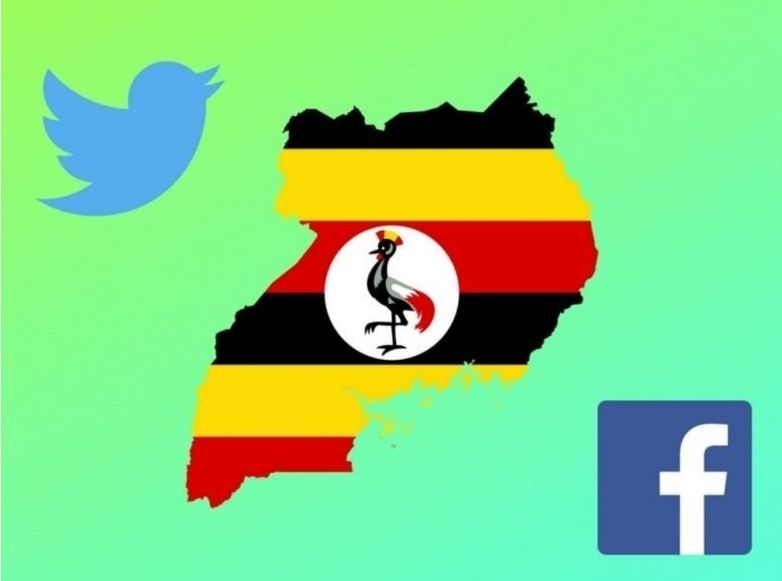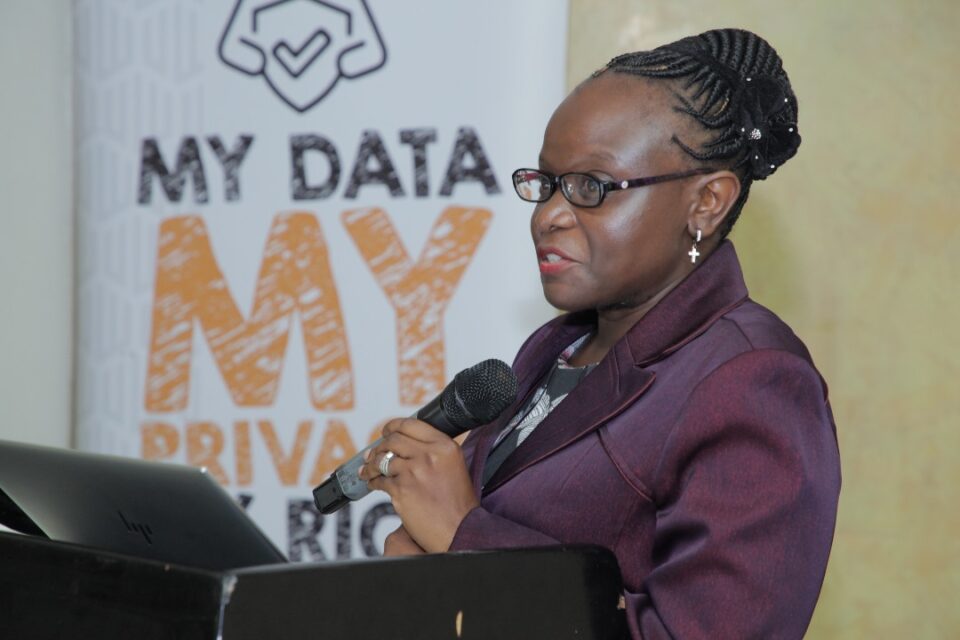Social Media Tax : Are Human Rights Winning?

When the Ugandan government was introducing social media tax last year, it had two intentions as laid out by President Museveni: to curtail freedom of speech, which he framed as “gossip”, and also adding revenues to supposedly boost the ailing economy.
Seven months after the tax came into force government agencies and ministers have swallowed the humble pie and admitted how they have failed to accomplish all of Museveni’s set intentions.
The actual revenues that Uganda Revenue Authority (URA, the tax collecting body, has so far collected from taxing social media users, this financial year, don’t match with the anticipated revenues. The blame has already been apportioned to the wide use of Virtual Private Network (VPN) by mainly young people. Some government ministers have threatened to find a way of blocking all VPNs.
While it’s easy to calculate how the second target hasn’t been met, it’s not easy to quantify how the tax has grossly impacted on freedom of expression and speech- which in fact was Museveni’s main target. The President who has been in power for the last three decades thought that the tax would perhaps make the internet less attractive and accessible, and in long run, stifle dissenting voices which are increasing by the day among the youths who are the majority. The tax came at the time when Uganda had seen the rise of a new breed of Politicians led by Kyadondo East legislator Robert Kyagulanyi Ssentamu alias Bobi Wine under his movement christened People Power, who have used social media to mobilize youths against what they call “Museveni life presidency project.”
“It will shrink civic space even further and vulnerable men and women will not be able to access information, and human rights defenders will not be able to question the government or inform their own personal decisions” Sophie Kyagulanyi, who’s in charge of Oxfam’s governance and accountability project predicted while appearing on Al Jazeera, in July last year, after the tax had come into force.
Indeed, Uganda Communication Commission’s (UCC) report entitled “communication industry report” released this month is pretty instructive. It shows how internet subscribers reduced from 16 million to 13.5 million, following the implementation of social media tax. A combination of statistics obtained from Africa Internet Users, Facebook and 2016 Population Statistics, put Facebook users in Uganda at 2.2 million. Of those, 1.5 million were active users (at least check in once a day) and majority of Facebook users, log in using a mobile device.
As Ugandans devise means to bypass the tax which curtails a bundle of their constitutional rights ranging from freedom of speech and expression, access to information to freedom of association, the government has also been wounded, and that’s there for everyone to see.
The first indicator of how this tax had badly backfired, didn’t take long- it came last year; from July to September, URA, had anticipated that they would bag in tax Shs 24.9 billion from social media users but they instead pocketed 20.5 billion. In its projection which were described by experts as fanciful the government had anticipated that by the close of the current financial year they would have collected Shs 100 billion but this now seems not be realistic.
If the picture of the fiasco wasn’t clear then, it’s clear now. The UCC report has indicated that ever since the tax was instituted in July of 2018, the numbers of those who are paying keep shrinking every passing month and in the process infuriating government. For instance, those who paid the tax in July were approximately 8, 049, 413 million but this number would in August, reduce by 1.2 million people to 6, 871,173 then to 6, 844,528 in September. Undeniably, though in July Shs 5 billion were collected, Shs 4 billion were got in August but the figure dropped to 3.9 billion in September.
Recently, The ICT minister Frank Tumwebaze while appearing before a parliamentary committee on Information and Communication Technology appeared to be in retreat mood. Tumwebaze conceded to what experts had warned before “the tax has had adverse effects on the economy.” Though he later used Twitter to deny a report by the Daily Monitor in which he was quoted as having told the committee of how they were “hoodwinked” by their colleagues in the Finance Ministry that the introduction of the tax would widen the country’s revenue base, he promised without giving timelines, how cabinet was considering assessing impact of several taxes including the social media tax.
But as the situation stands now, the tax still stands. A group of private citizen and a civil society organisation including Unwanted Witness are still embroiled in a legal battle at the Constitutional Court where they are seeking the nullification of the tax saying it violates key tenets of the constitution and Net Neutrality.
Unwanted Witness Team




